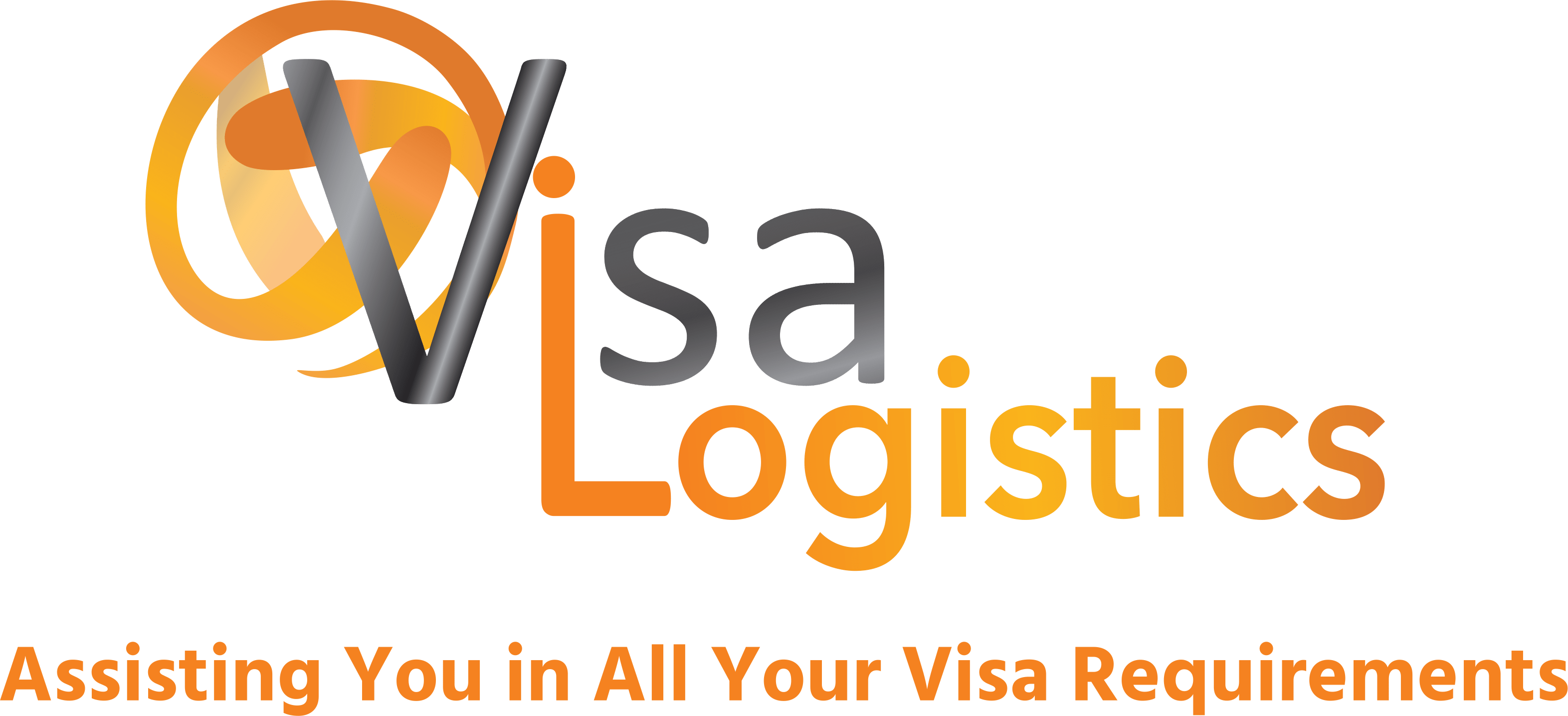Addressing Language and Translation Requirements for Apostille Documents in South Africa
Why is language important for apostille documents?
In the globalized world, different countries have diverse linguistic requirements for official documents. Apostille documents must be in the official language of the receiving country to ensure they are understood and accepted by the authorities. This linguistic precision ensures the documents are legally recognized and valid for their intended use in foreign jurisdictions.
What types of documents need translation?
Various types of documents commonly require translation for apostille purposes. These include birth certificates, marriage certificates, academic records, legal contracts, and other official documents such as power of attorney or adoption papers. Each document must be translated accurately by a certified translator to meet the legal standards of the receiving country.
How do you get your documents translated for an apostille?
To get your documents translated for an apostille, start by finding a certified translator who is proficient in both the source and target languages. The translator must be recognized by relevant authorities and possess the necessary credentials to produce a legally valid translation. It’s important to verify the translator’s certification to ensure the translations will be accepted for apostille processing.
What are the steps to apostille translated documents?
The process of apostilling translated documents involves several critical steps:
- Translation: First, have your documents translated by a certified translator.
- Notarization: The translated documents must then be notarized by a notary public to verify the authenticity of the translation.
- Submission to DIRCO: Submit both the original and translated notarized documents to the Department of International Relations and Cooperation (DIRCO) for apostille. Ensure that all paperwork is complete to avoid any delays.
- Apostille Issuance: DIRCO will review the documents and, if everything is in order, issue the apostille, which certifies the documents for international use.
Are there specific guidelines for translations?
Yes, there are stringent guidelines for translations intended for apostille. Translations must be accurate, complete, and certified by a qualified translator. Any inconsistencies or errors in the translation can lead to significant delays in the apostille process or rejection of the documents by the foreign authority. It’s crucial to adhere to these guidelines to ensure a smooth and successful apostille process.
Who can assist with translation and apostille services?
Visa Logistics offers comprehensive services to assist with document translation and obtaining apostilles. We have a network of certified translators and legal experts to ensure your documents meet all legal and linguistic requirements. Our team is dedicated to providing reliable and efficient services to facilitate the smooth processing of your documents.
Simplify your translation and apostille process with Visa Logistics
Need help with translating and apostilling your documents? Contact Visa Logistics today for professional, reliable, and efficient services. Our expertise ensures your documents are correctly translated and properly apostilled, giving you peace of mind for your international needs.
